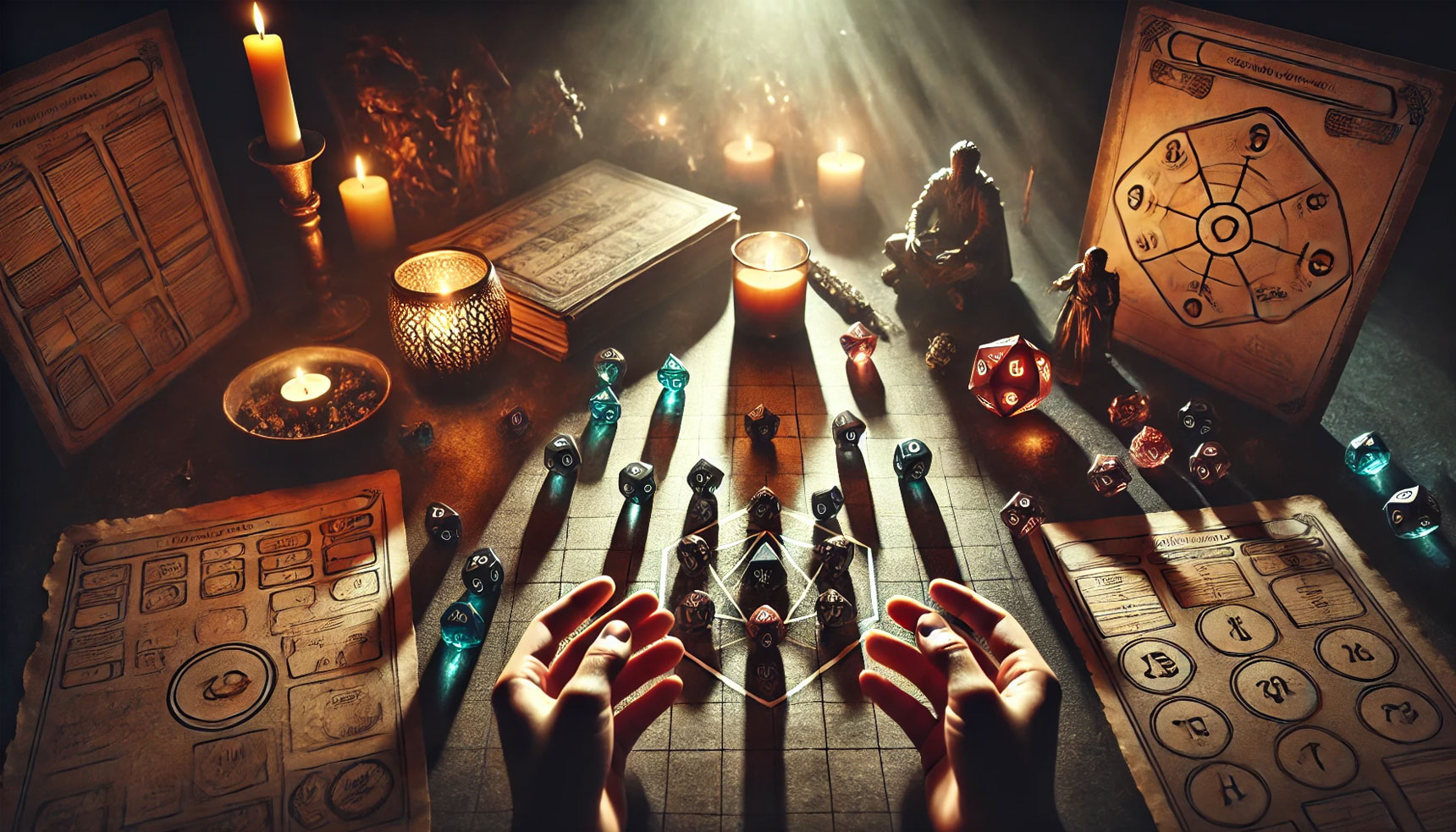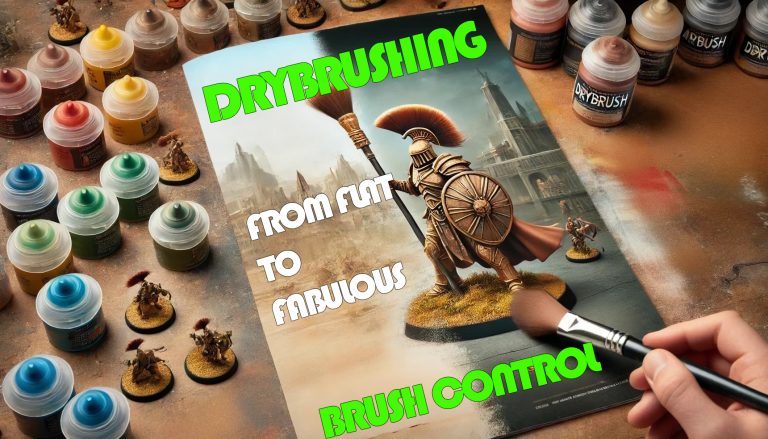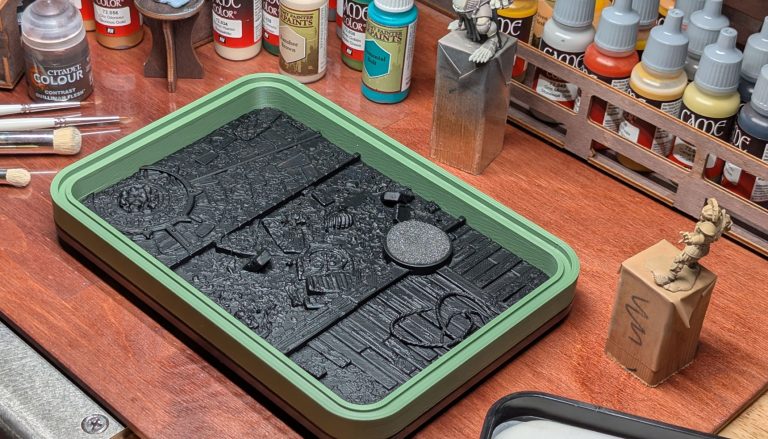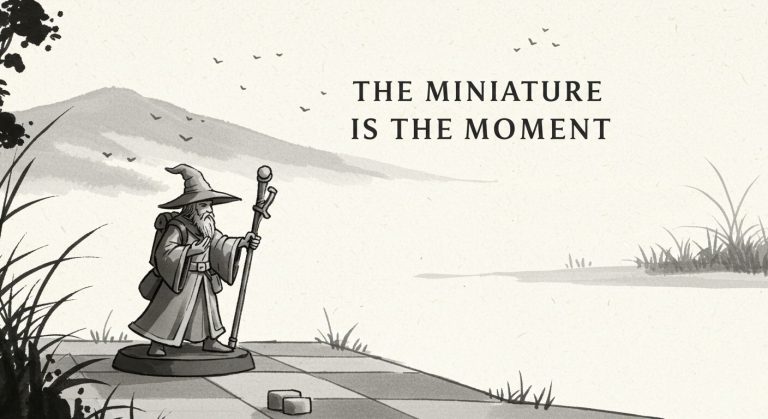Dice Superstitions & Tabletop Rituals: Do They Actually Work?
In dimly lit rooms across the world, the stage is set. Character sheets crinkle, minis are aligned with precision, and players clasp their favourite D20s like holy relics. A breath is held. A whispered plea to the dice gods escapes. Then the roll. We’ve all seen it – maybe we’ve done it. The tap, the blow, the glare. Dice superstitions and rituals are as embedded in tabletop gaming culture as initiative rolls and rules debates. But that age-old question remains: do they actually work?
Pattern Hungry Brains and the Illusion of Luck
Let’s get one thing straight – your brain is a dirty little liar. A clever, pattern-seeking liar. The term for this is apophenia – our tendency to see connections and patterns that don’t really exist. Like thinking your dice roll better when you store them under a full moon, or that your green D20 hates your cleric.
“This is classic confirmation bias…” says Dr. Melissa, cognitive psychologist at Arcane Heights University. A self confessed D&D lifer who’s been rolling dice since the red box days. Her research on pattern recognition in gaming environments has made her a regular speaker at both academic conferences and gaming conventions. “…You remember the crits after your ritual, not the flops. That’s how most superstitions stick – our brains just love a good story.“
And in high stakes game moments, when your rogue’s backflip sneak attack depends on one roll? That story really matters.
From Dice Jail to Verbal Threats: Rituals We Swear By
Gamers have cooked up a frankly impressive catalogue of dice handling habits. A few classics:
- Dice Jail: Off to solitary for any die that dares roll low too often.
- Warm-Up Rolls: Loosening the muscles? Nah, just chucking that D20 until it “feels ready.”
- The Showcase: Displaying your dice with the nat 20 up – just to keep the vibes strong.
- Cleansing Circles: Swirling dice to “wash away the bad luck” – bonus points for chanting.
- Direct Orders: Telling your dice what to roll. (Firmly. With feeling.)
But dice superstitions aren’t just a Western D&D phenomenon. In Japan, players of systems like Call of Cthulhu and Sword World RPG often practice “dice purification”. Leaving dice in direct moonlight before crucial sessions, a ritual that echoes Shinto purification practices.
In parts of the Middle East and North Africa, where games like Backgammon have ancient roots, players perform “nazar” (eye) rituals. Touching dice to their foreheads before rolling to ward off the evil eye.
Korean tabletop gamers sometimes practice “dice warming” by literally warming cold dice in their hands, believing temperature affects the outcome. A superstition that’s spread to some Western gaming tables.
Brazilian RPG communities have been known to adopt “dice baptism”. A player’s new dice set isn’t considered truly theirs until it rolls its maximum value during a game session.
These quirks might sound daft, but they’ve got roots. Medieval dice were often poorly weighted, so “warming them up” wasn’t superstition – it was quality control. And let’s be honest, most modern dice still vary more than we’d like to admit.
Physics, Not Fairies: What Actually Affects a Roll
If we strip away the theatre, dice rolls come down to physics:
- Initial conditions — where the die starts and how it’s held.
- Force applied — how hard you roll it.
- Environmental factors — the table texture, obstacles, and tray shape.
- Center of mass — manufacturing imperfections can create subtle biases in how dice tumble and settle.
No amount of whispered prayers changes angular momentum. As the late, great James Randi once put it, “No amount of belief makes something a fact.” The dice, like the universe are cruelly indifferent. That said, how we roll does matter. Practised rollers (especially with six-siders) can influence results slightly through technique. Not magic. Just mechanics. Unconscious or not, you might be stacking the odds, even if only a sliver.
For the truly dice obsessed among us, there are actual scientific methods to test your polyhedrals for fairness. The salt water float test can reveal weight imbalances in D20s (though it works better for D6s), while dedicated nerds run chi-square analyses after hundreds of test rolls. Some premium dice manufacturers even use X-ray imaging to check for air bubbles that might throw off the perfect roll.
GameScience founder Lou Zocchi famously demonstrated how tumbled dice (the shiny ones most of us use) have rounded edges that create statistical biases compared to the razor sharp edges of precision cut dice. That microscopic difference? It actually matters. So while your lucky dice might not be blessed by the gods, they might genuinely roll better due to subtle physical properties you’ve never noticed. Science, as it turns out, can be just as fascinating as superstition.
The Real Power of Ritual
So if dice superstitions and rituals don’t statistically shift outcomes, what’s the point?
Well, quite a lot, actually:
- Confidence boost: A ritual can ease nerves and sharpen focus.
- Group bonding: Shared quirks become inside jokes and traditions.
- Cinematic flair: Rituals give your rolls a sense of moment – like the camera zooming in just before the die hits the table.
“My lucky dragon dice have never changed the numbers…” says Marcus, veteran Pathfinder GM with fifteen years of table experience and founder of the popular actual-play podcast ‘Critical Paths.’ Known for his extensive collection of artisanal dice, including hand-carved stone sets he commissions annually. “…but they’ve absolutely made the table buzz when it matters. They’re part of the myth we build together.“
So… Do They Work?
Here’s the truth: statistically, no. Dice rituals don’t beat probability. But psychologically and socially? They absolutely work. They enrich the moment. They tighten the party. They make every nat 20 feel like fate and every nat 1 feel like a cosmic betrayal. In a game built on shared imagination and collective storytelling, that kind of magic is worth its weight in gold.
So next time you find yourself whispering sweet nothings to your d20 or glaring at it like a traitor, don’t worry about whether it “works.” It works where it counts, keeping the magic alive. And honestly, in a world where dragons are real, who’s to say your dice aren’t listening?
Roll for Initiative: What’s your most bizarre dice ritual? The one that’s too weird to admit at the table but somehow always seems to work? Share your dice superstitions in the comments below – from the scientific to the supernatural, we want to hear what keeps your polyhedrals rolling high!







